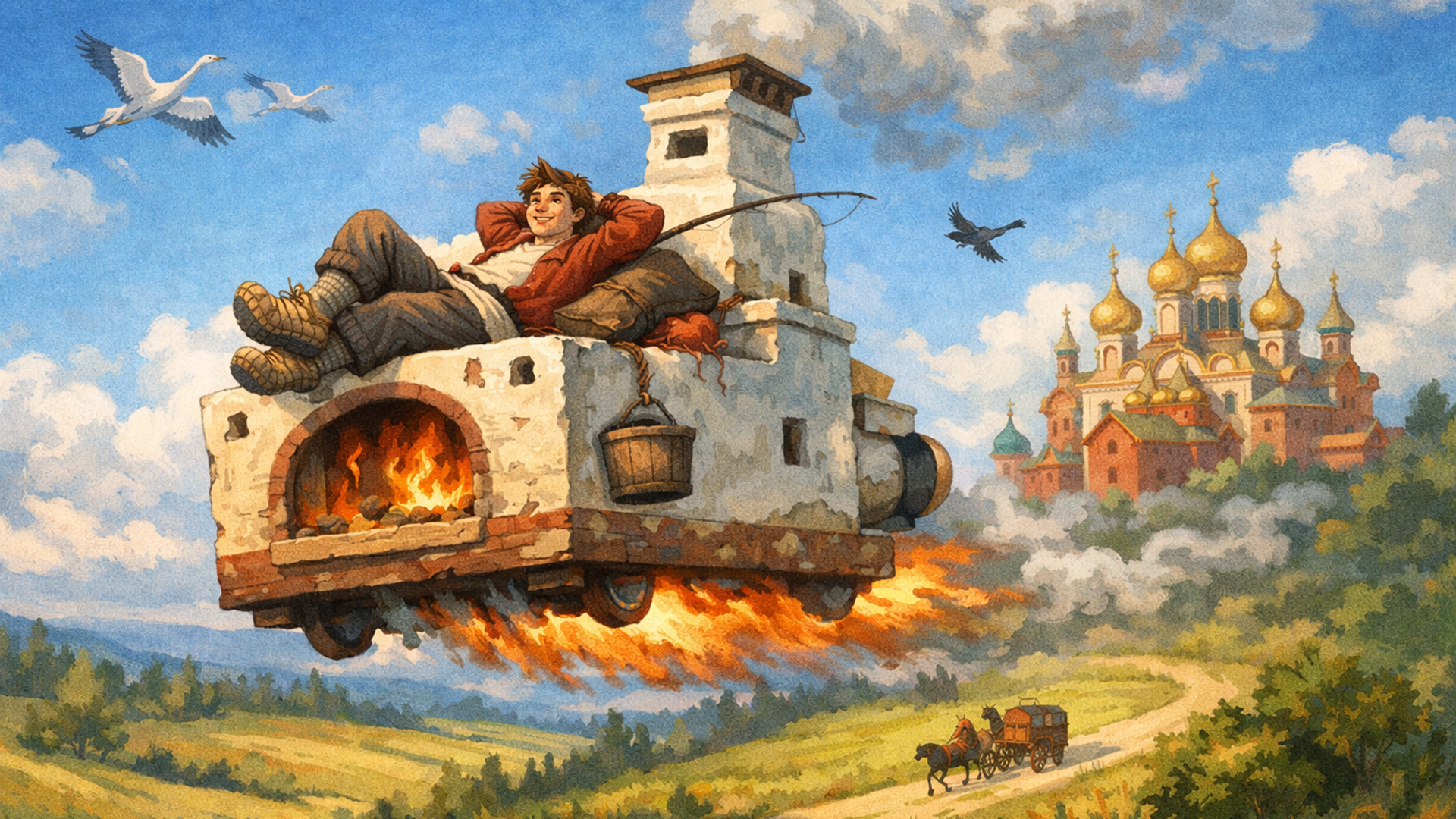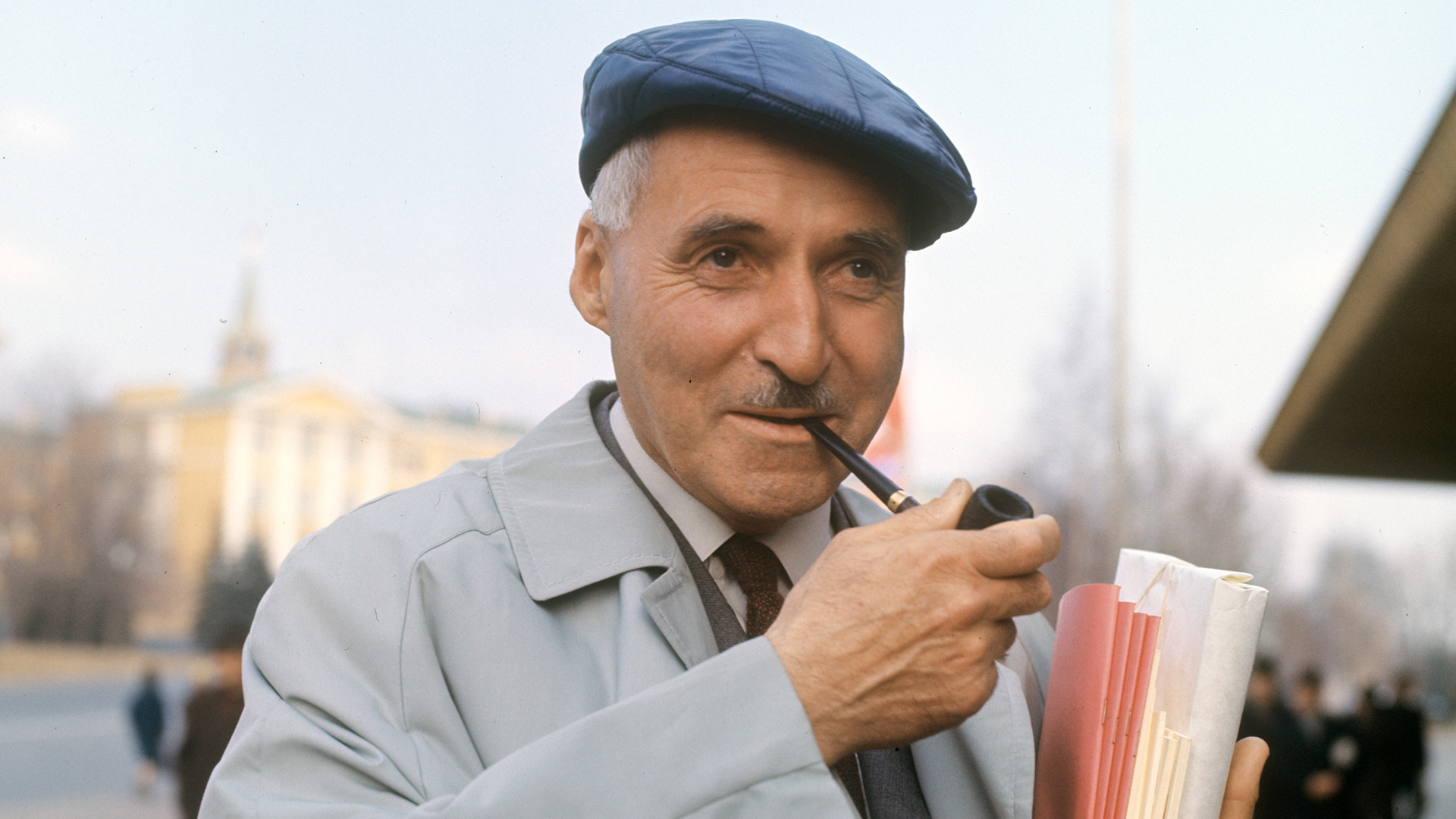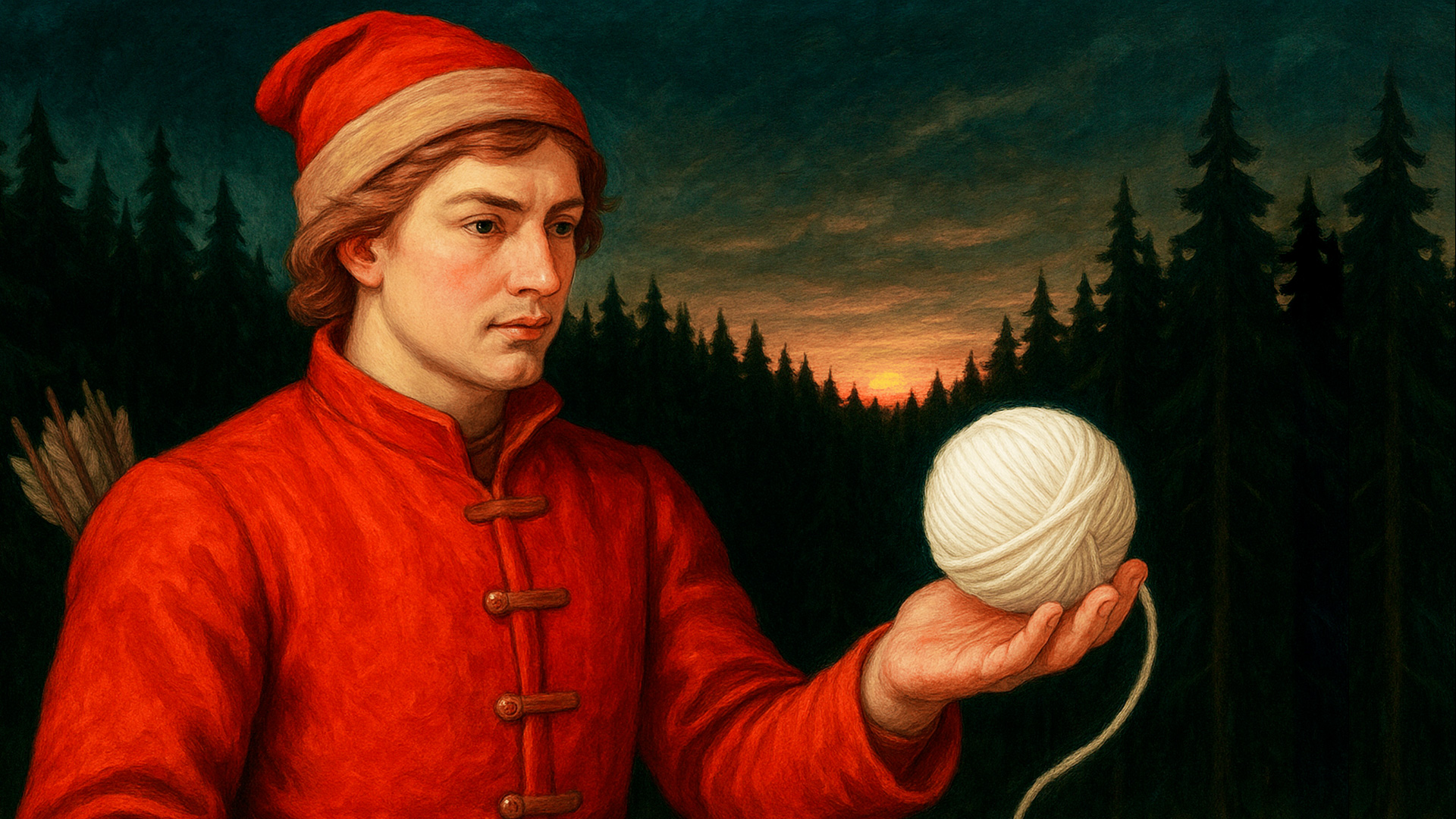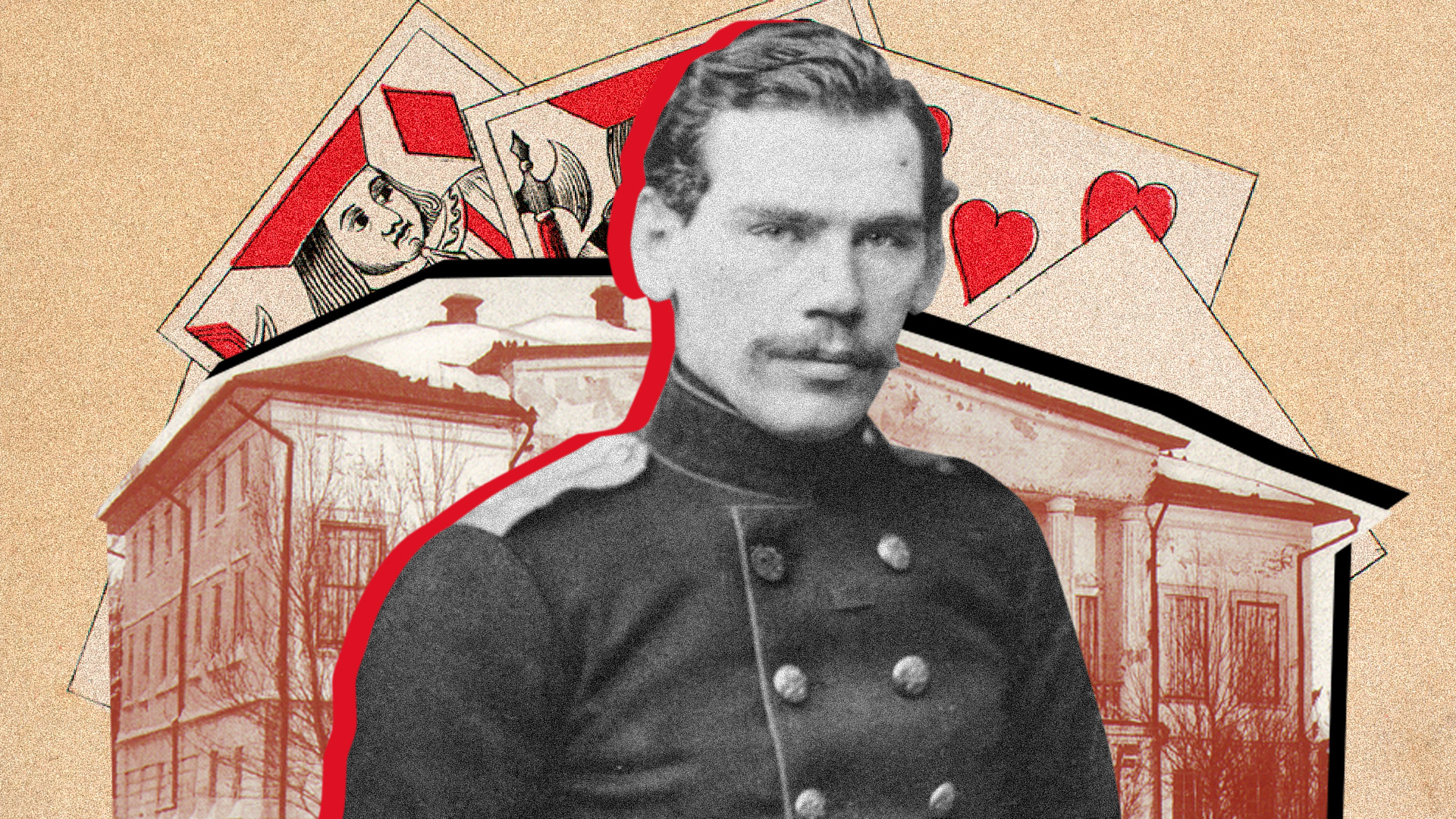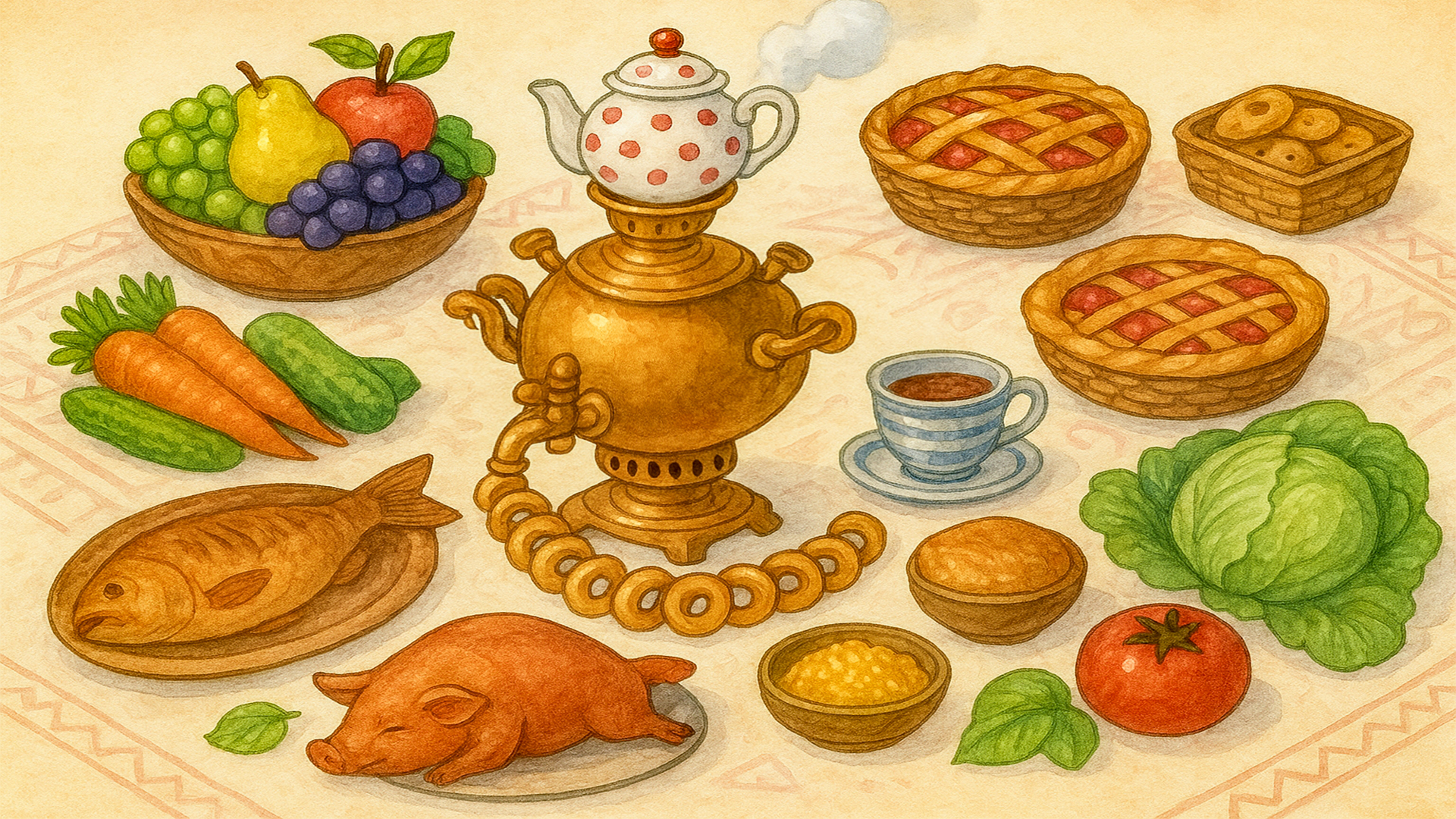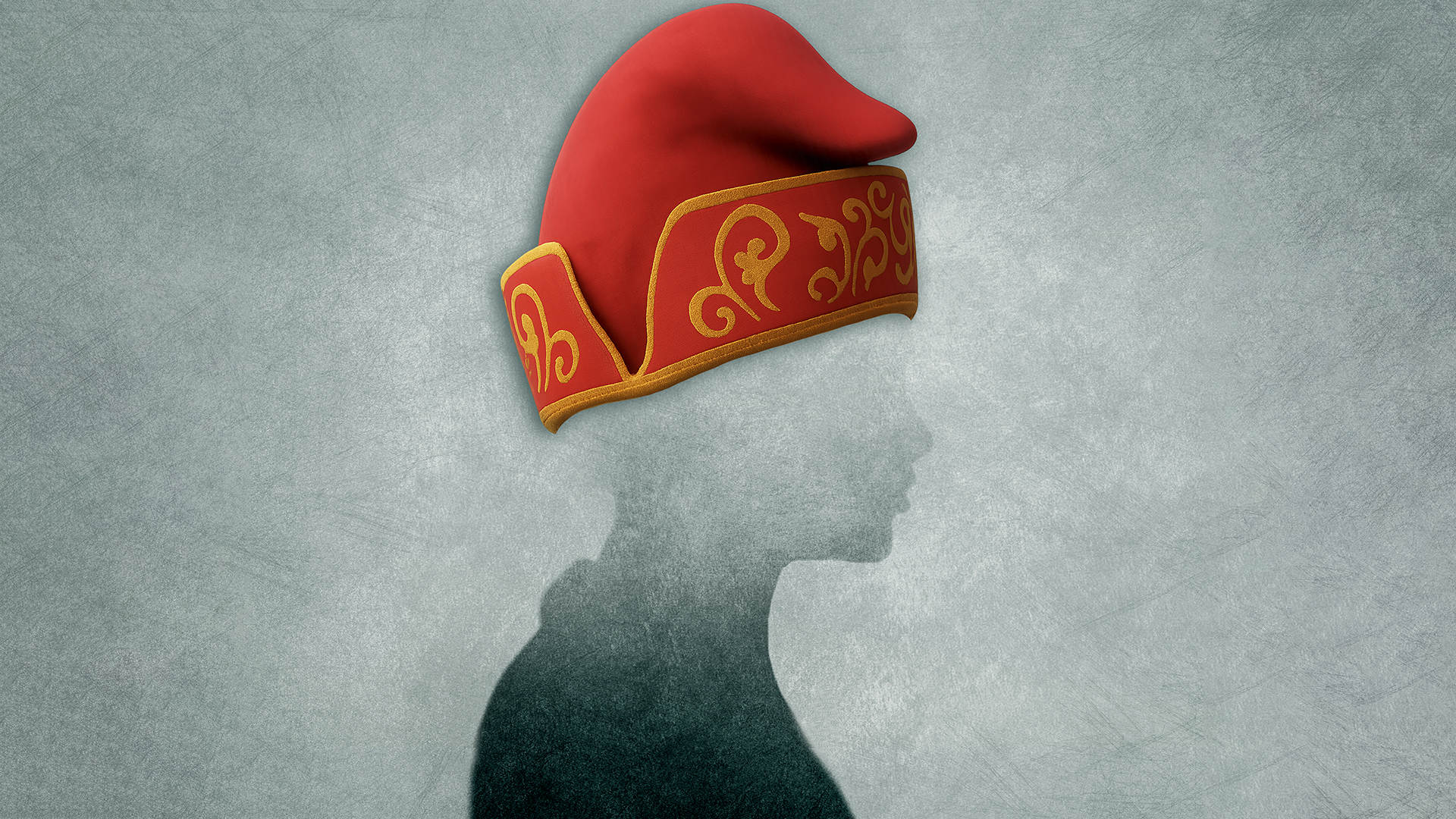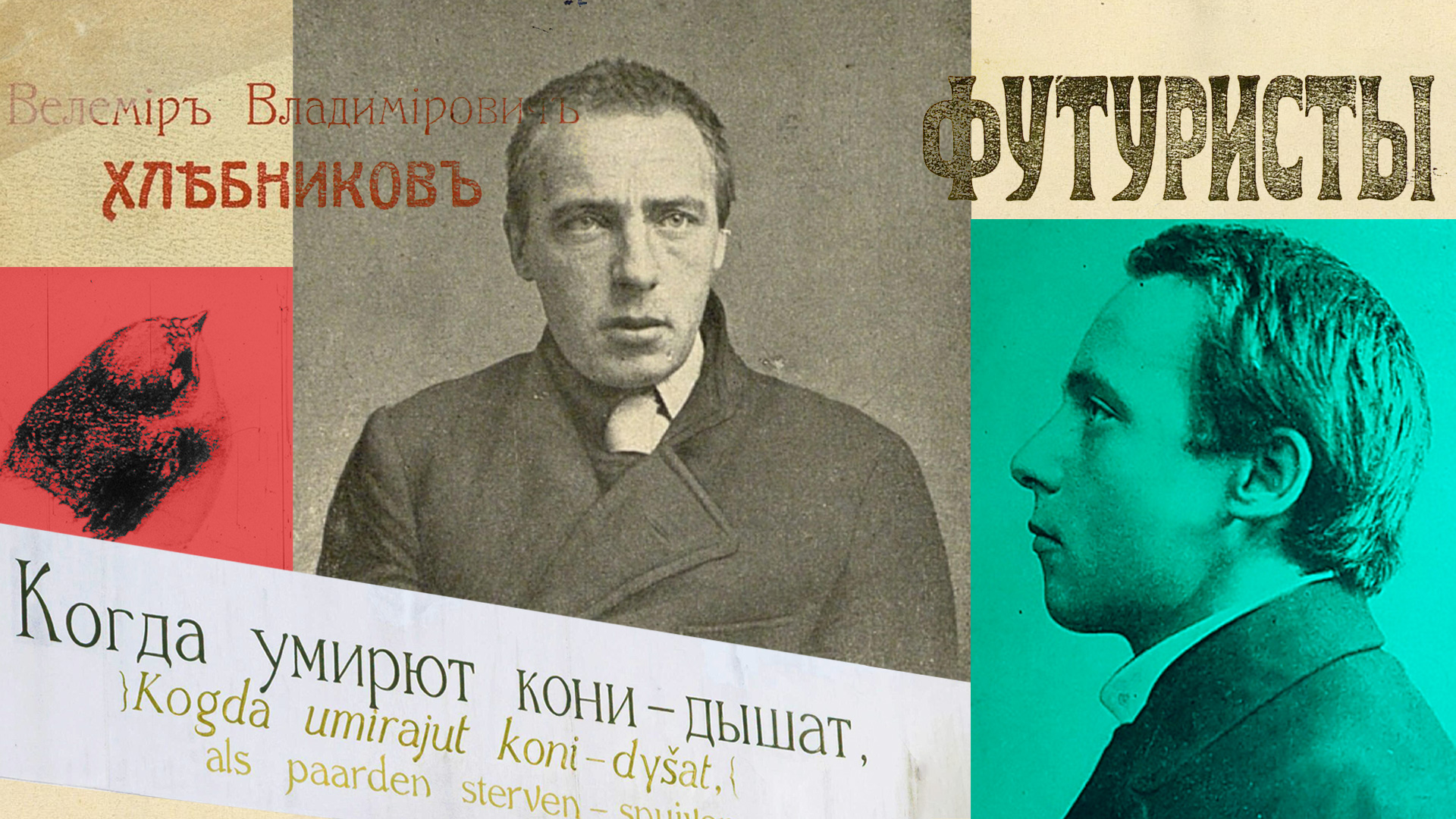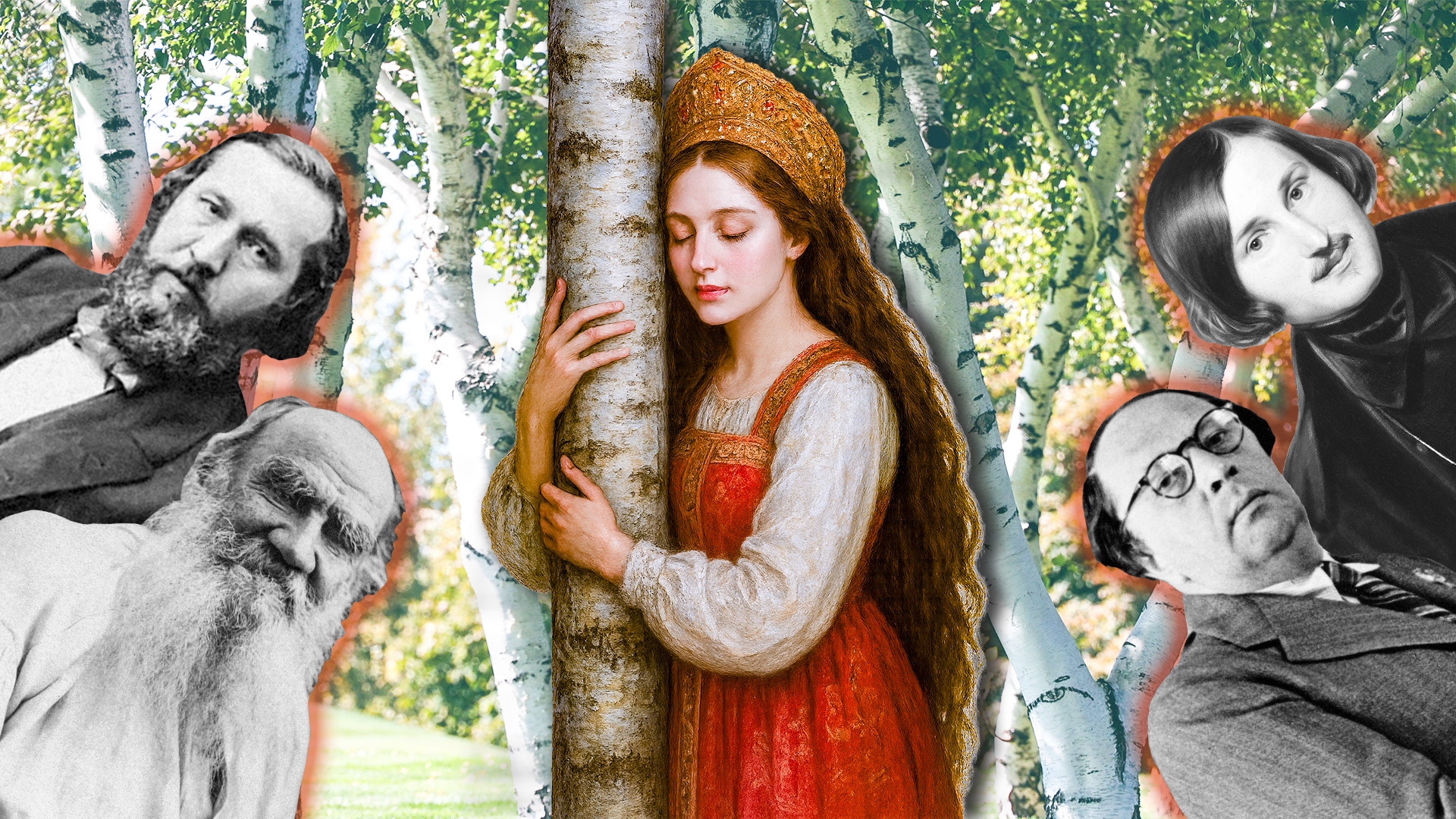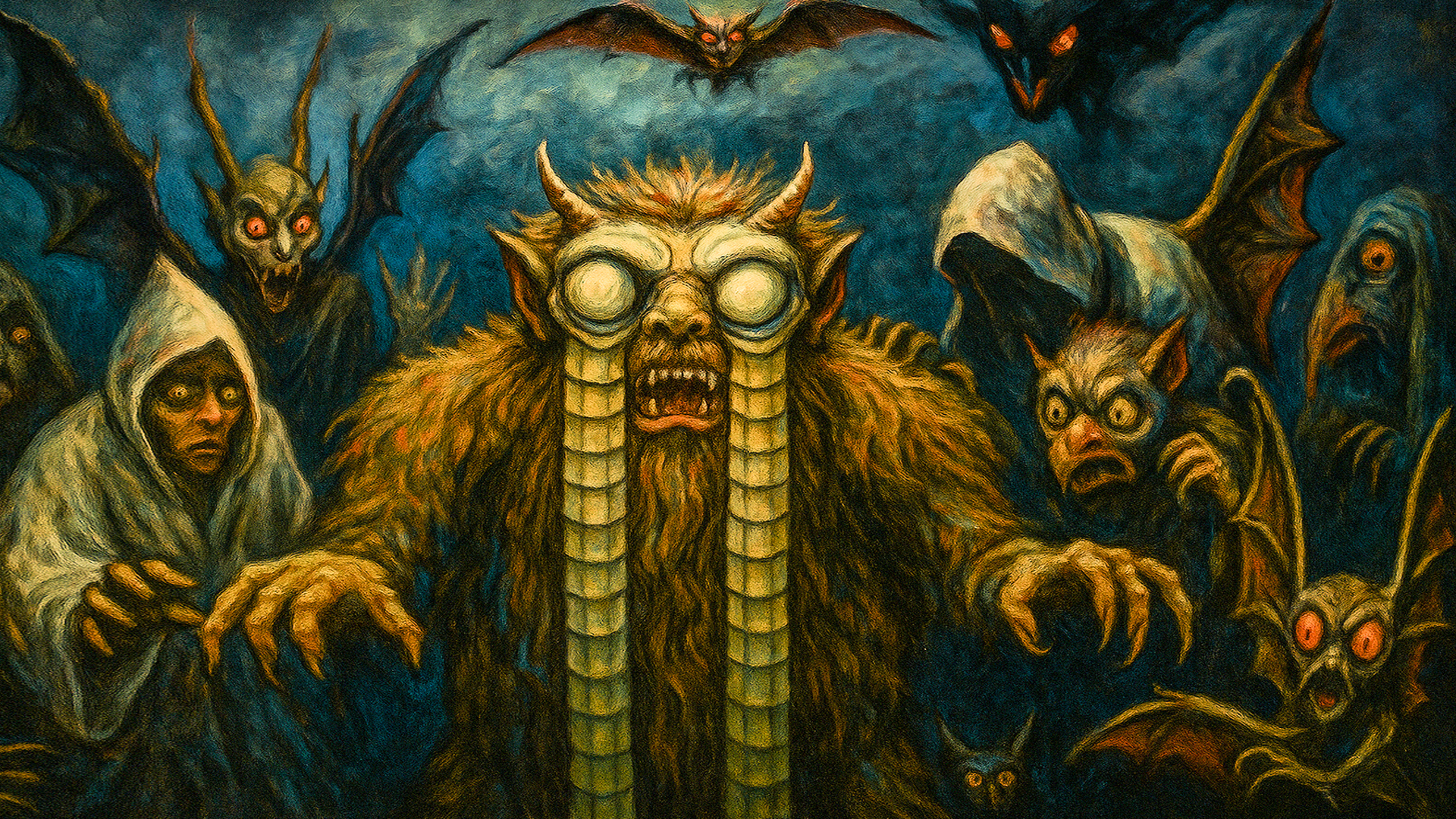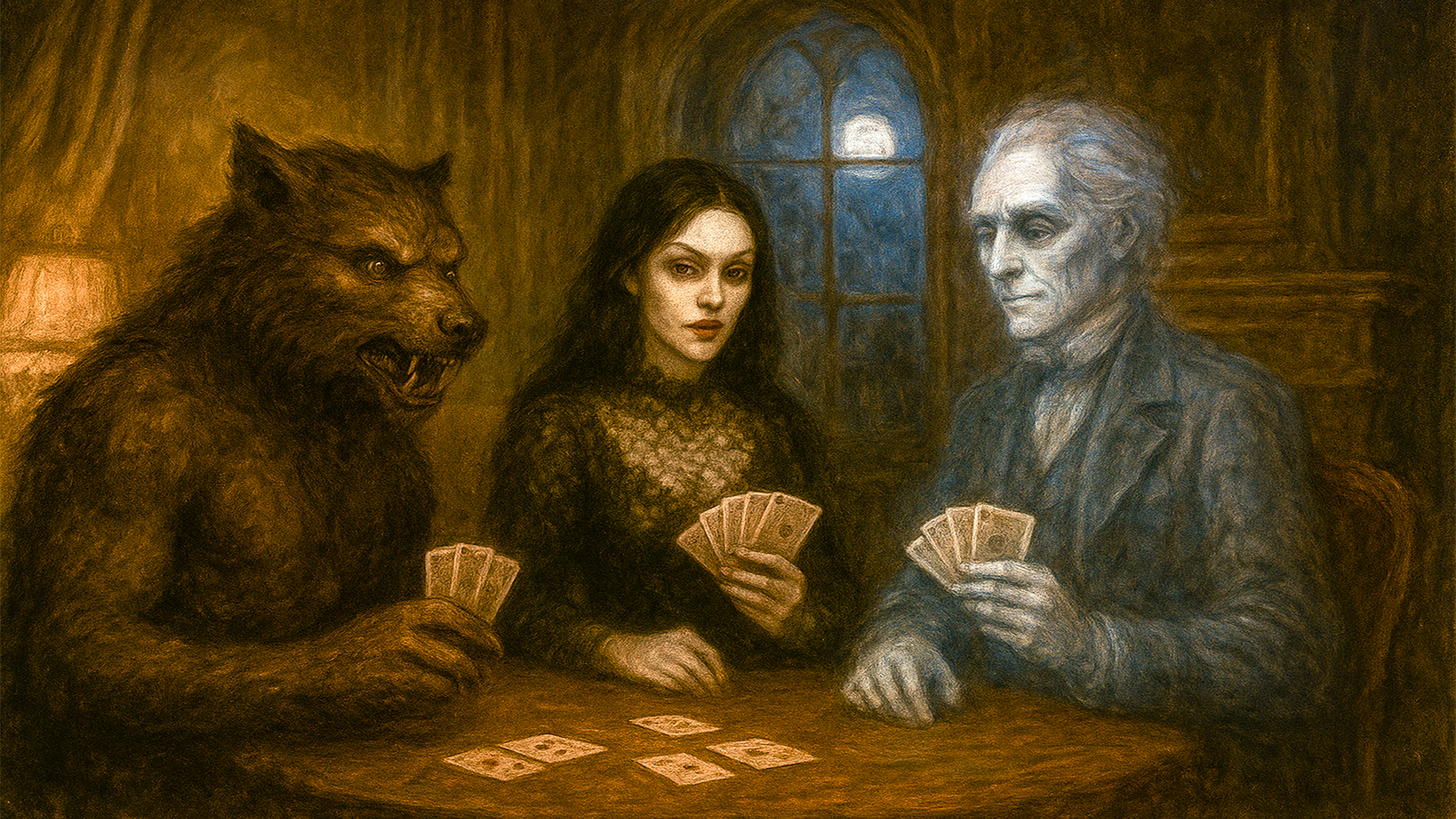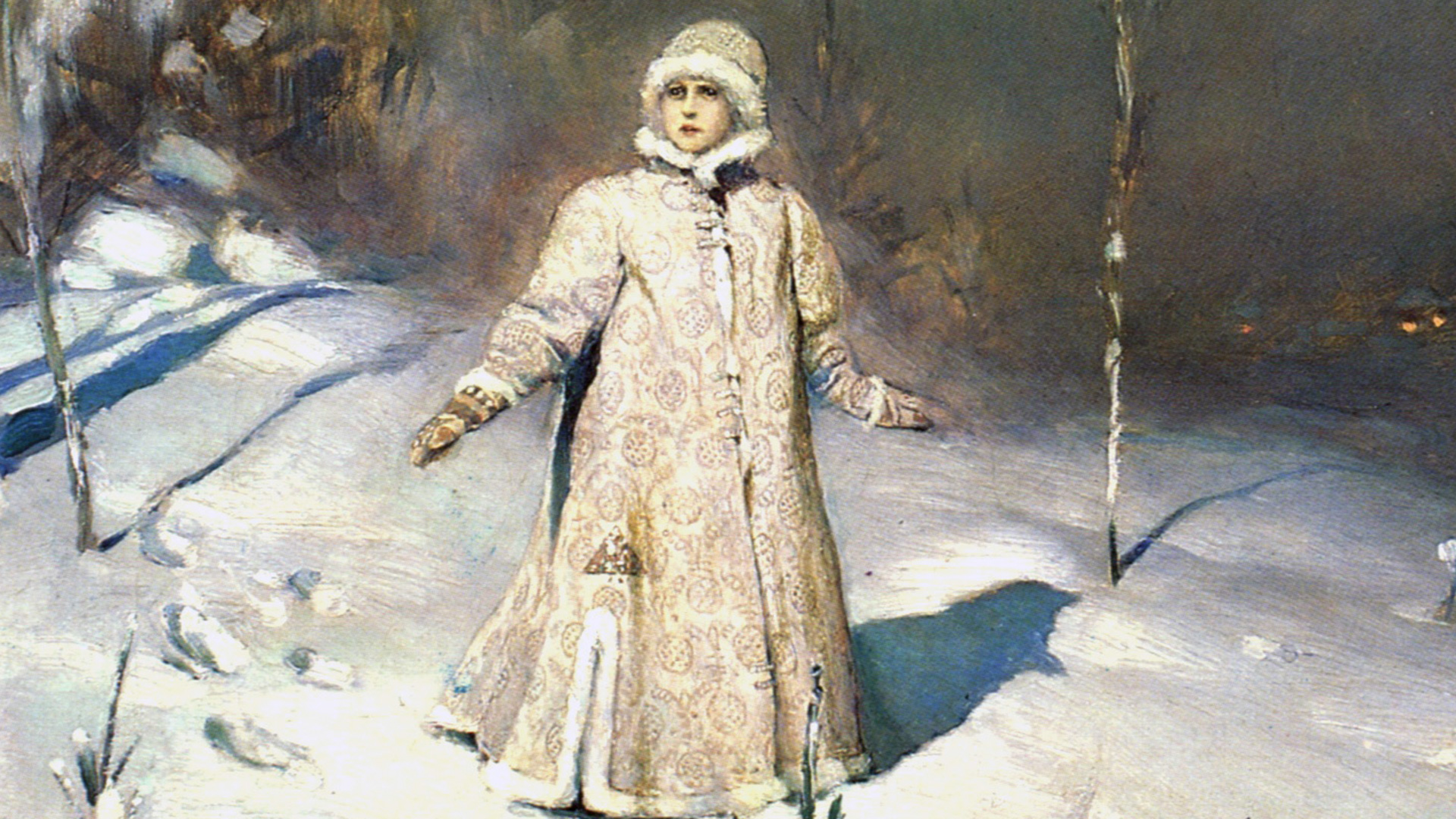
5 reasons to read ‘Doctor Zhivago’ by Boris Pasternak

1. Vividly come through the 50 most turbulent years of Russian history
 A still from a Russian TV show based on the novel
A still from a Russian TV show based on the novel
The novel tells us the life of Yuri Zhivago, from his early years to his death. However, this is not just a story of one man’s life, but a whole epic storytelling against the background of one of the most turbulent moments of Russian history in the 20th century. And history itself becomes a full-fledged “hero”. The reader experiences life in Tsarist Russia, forced evacuation, captivity, revolution and the Civil War.
2. One of the best novels about love
 A still from the cult Hollywood film adaptation with Omar Sharif as Zhivago
A still from the cult Hollywood film adaptation with Omar Sharif as Zhivago
The theme of adultery and love triangles is consonant with the Civil War itself and the human metamorphosis from good to evil, the White Guards and the Bolsheviks. The reader is put in front of a romantic dilemma and it seems impossible to take any side: Zhivago, devoted to his wife, is, at the same time, completely smitten with Lara, a woman he knew in his previous life, back in tsarist times. And only the incredible coincidence of circumstances in which they both find themselves pushes them toward each other…
The love line of the novel is largely autobiographical: Lara, according to literary scholars, was based on Olga Ivinskaya, the writer's last love.
3. One of a few Russian novels awarded the Nobel Prize in literature
 Boris Pasternak in his house in Peredelkino, near Moscow, 1958
Boris Pasternak in his house in Peredelkino, near Moscow, 1958
This book was Pasternak's magnum opus, the work of all his life, which he wrote from 1945 to 1955. All Soviet publishing houses, however, rejected the manuscript. Censors saw too strong Christian motives and an ambiguous attitude towards the revolution. Pasternak decided to take a risk and transfer the book abroad. It was immediately published in Italy and then in the United States and the UK.
In 1958, the writer was awarded the Nobel Prize “for his important achievement both in contemporary lyrical poetry and in the field of the great Russian epic tradition”. However, the writer was forced to give it up. At home, the success wasn't welcome. On the contrary, a large-scale defamation campaign against the writer unfolded. A devastated Pasternak then became seriously ill and passed away in 1960.
Check out the complete list of Russian Nobel Prize winners.
4. To fall in love with Pasternak’s poetry
 Russian actor Oleg Menshikov as Zhivago
Russian actor Oleg Menshikov as Zhivago
Born into an intelligent family and brilliantly educated, Pasternak was a part of the ‘Silver Age’ of Russian poetry and a member of the circle of Symbolist poets. Before 'Zhivago', he was much better known as a poet and translator of verse, from Shakespeare's plays to French and German poetry.
The poems of protagonist Yuri Zhivago became the most important part of the novel. The author gives them at the end, as a supplement. They were allegedly found among the doctor's things. Many admirers of Pasternak consider poems to be an even more important part of the nobel than the prose itself.
5. CIA used the nobel as propaganda tool
 The cover of the first publication of 'Doctor Zhivago' (Italy, 1957).
The cover of the first publication of 'Doctor Zhivago' (Italy, 1957).
In 2015, the CIA declassified documents showing that the agency was involved in Zhivago publication abroad. In 1957, the department issued a guideline recommending that special attention be paid to the distribution of the book in different languages in maximum circulation. And it was the CIA that initiated the free distribution of the volumes to Soviet participants of the 1958 World Exhibition in Brussels, as well as the Festival of Youth and Students in Vienna in 1959.
 5 reasons to read Pasternaks Zhivago
5 reasons to read Pasternaks Zhivago
“The CIA’s book program kept a critical mass of intellectuals in the Soviet bloc informed about the values & culture of the free world,” the CIA noted.



